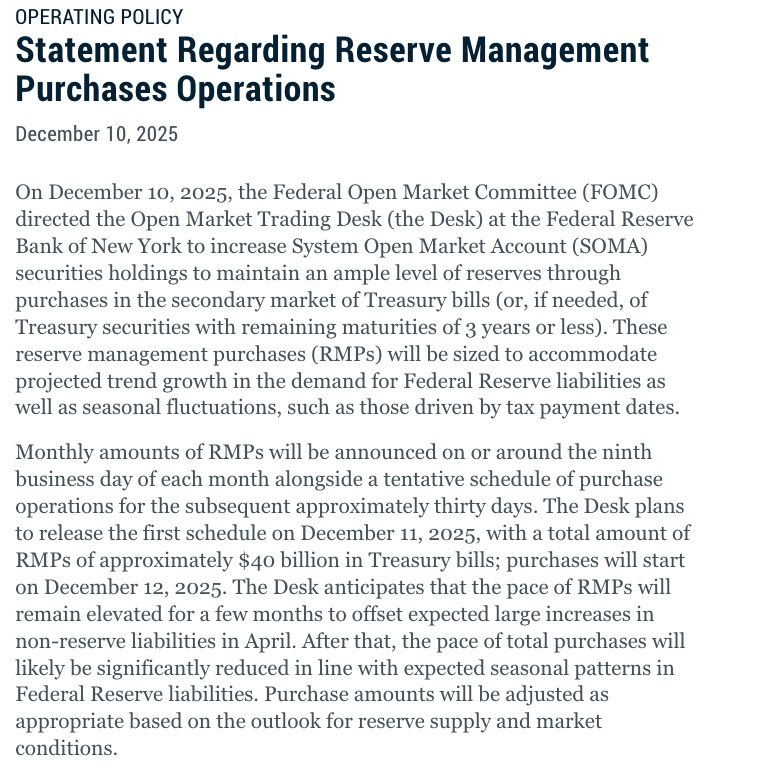fascinating webinar on extension of debt moratorium for developing countries hit by COVID19 pandemic.
Private investor rep:
* debt restructuring a la Ecuador (not Argentina)
Private investor rep:
* debt restructuring a la Ecuador (not Argentina)
* 'we mark to market on daily basis, if you want Private Sector Involvement, that means our investors will question our future strategy'
* private sector will engage - we are doing it with Zambia
* private sector will engage - we are doing it with Zambia
*there is countries valuing market access, moratorium on debt payments confused issuers, who did not appreciate the trade-offs
Q: if the private sector is so benevolent, why was there no private response to DSSI (Debt Service Suspension Initiative)?
A: well, it wasnt voluntary.
let's have a discussion, but be aware (a) you need a formal process, with formal advisors; and (b) trade-offs are there
A: well, it wasnt voluntary.
let's have a discussion, but be aware (a) you need a formal process, with formal advisors; and (b) trade-offs are there
Germany is unhappy with DSSI without private sector involvement because German tax payer money going into debt service to private sector.
It doesnt know how to solve trade-off DSSI/market access, so today the G7 answer: we extend DSSI if country requests IMF loan
It doesnt know how to solve trade-off DSSI/market access, so today the G7 answer: we extend DSSI if country requests IMF loan
talk about the worst of both worlds: G7 solution is IMF austerity + private debt service.
Basically Argentina before Fernandez/Guzman.
Basically Argentina before Fernandez/Guzman.
to question of what would have private sector done if mandatory involvement in DSSI, asset manager:
'since we mark to market on daily basis, we'd take hit even w one missed coupon payment. We would have asked if it makes sense to adjust portfolio after talking to our investors'
'since we mark to market on daily basis, we'd take hit even w one missed coupon payment. We would have asked if it makes sense to adjust portfolio after talking to our investors'
Aberdeen Asset Management rep: we may not have been involved in DSSI, but we engage behind scenes w UNECA and African countries, and what we hear is we want more liquidity, and we work on that with derisking measures (hello #WallStreetConsensus)
• • •
Missing some Tweet in this thread? You can try to
force a refresh









